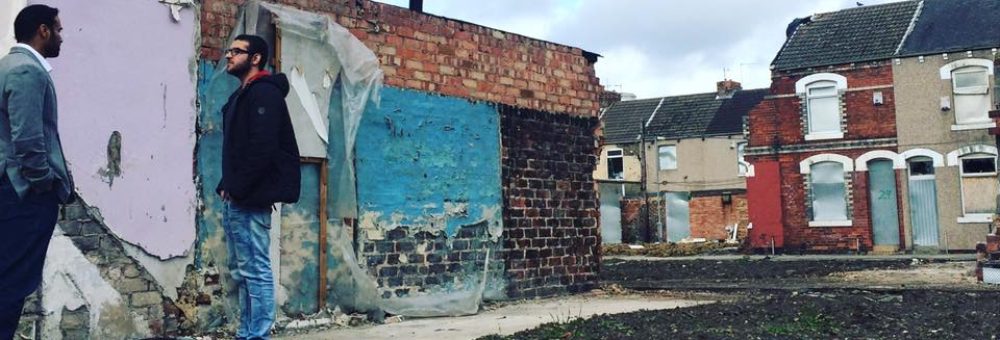Three dead as bombs rip through a crowd at the Boston marathon. The coming days and weeks will unpick what took place and who is responsible. My fellow journalists will seek to give a face and voice to the dead and injured. Their families and work colleagues will be interviewed, a picture of their lives will be painted for us and broadcast on our TV screens.
On the same day as the Boston bombings at least 33 were killed and 160 wounded in a string of bomb attacks across Iraq. Attacks which did not take place before the US led invasion of the country. The same media coverage was not afforded to the dead in Iraq, nor did Obama seek to comment on the issue.
Looking down the news feed of news organisations, it is obvious what news takes priority. It is, of course, the three deaths in Boston. All life is precious, sacred and equal, but as far as our media and politicians are concerned, some is more precious, sacred and equal than others.
There will be no interviews with families, work colleagues or pictures for the victims of the 315 drone strikes carried out by Obama in Pakistan. People in Pakistan have been subjected to drone strikes, not knowing when or where they will strike, not knowing who they will strike, the distant hum of the drone could be the last thing they hear. Where are the media and politicians to show their condolences for these victims? To ask for prayers? To share their thoughts? To voice their disgust and indignation?
We can share the images of Boston, the moment the first bomb hit. The newscasters show their deep concern, they show their emotion, their so-called impartiality goes out the window, “These are people’s lives were talking about!”
The bombs in Boston have killed three. The US missiles kill many more. We hear talk of tracking down those that committed the crimes in Boston, but who will track down those that murdered via drones in Pakistan, Yemen and Somalia. The thing with Boston is that we do not know who is responsible yet, but we do know who is responsible for the deaths in Pakistan, Iraq, and Afghanistan – there seems to be no justice there.
America has, like it did on 9/11, felt what many in the Middle East, Pakistan, Afghanistan and elsewhere feel every day. Some will take comfort in that thought. They shouldn’t. Life is sacred, and just because Western politicians and media organisations do not see it that way, does not mean we should stoop to their level and have selective grieving for Westerners only.
The effect is the same. All the victims bleed. All the mothers feel the grief, the cries sound the same, and it all hurts. The differences are in language, skin colour, nationality, religion and of course, access to healthcare. Victims of drone strikes can only dream of a response like that we have seen in Boston. Emergency medical staff, ambulances, and police.
TV minutes and column inches make one thing clear, one American or Western life is worth much more than a Middle Eastern, Pakistani or African life. My prayers and thoughts are with all victims, not just the Western ones.

